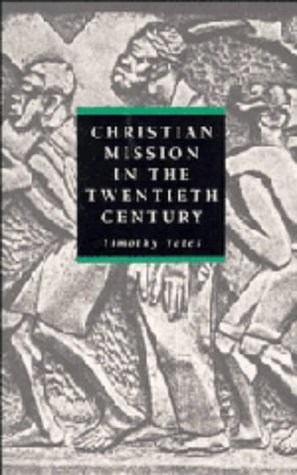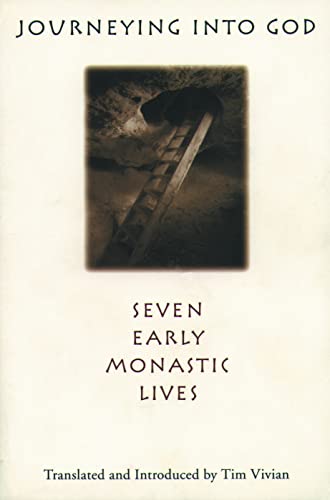Who Needs Theology: An Invitation to the Study of God
Written by Stanley J. Grenz and Roger E. Olson Reviewed By Euros Wyn JonesAs a college student I recall pinning a comic strip from Peanuts on my notice board which gave expression to what I occasionally felt myself, ‘Who needs theology?’ Now, I find myself at a theological college trying to instil into similarly questioning minds how exciting and exhilarating a subject theology can be. This book by Grenz and Olson admirably fulfils this task for the seminary student as well as for the Christian who seeks a deeper understanding of his/her faith (whilst also utilising Peanuts to good effect!).
The book begins with an apologia for theology. ‘Everyone—especially every Christian—is a theologian …’ This is a sobering thought for those Christians who deride theological reflection as an unnecessary waste of time and energy. The next chapter develops the ideas that not all theologies are equal. The authors differentiate between five types of theological reflection: folk, lay, ministerial, professional and academic. Whilst not all theologies are equal, they are interrelated and the lay person cannot do without the academic theologian. The following chapters of the book attempt to define and defend theology, state its aims and tools, before culminating in two closing chapters on theology and life.
Theology is defined as ‘reflecting on and articulating the beliefs about God and the world that Christians share as followers of Jesus Christ’. The aim of ‘good theology’ being to ground the lives of Christians in ‘biblically informed, Christian truth’. Here the authors are at their most convincing. In their emphasis upon the need for Christians to decipher the truth through sound theological reflection they show how heresies prosper when they become indifferent to their intellectual task. Being faithful to Christ means ‘living in accordance with a set of beliefs’. This includes disciplining the mind and not merely having certain feelings and emotions.
The tools utilized by the theologian being the biblical message, the theological heritage and the thought-forms of contemporary culture. It is here that the authors are at their least convincing. Despite their claims to the contrary they betray the tendency apparent in most modern theology of relativizing the biblical messages. Is the doctrine of the Trinity or the Atonement—which they define most admirably—an expression of God’s ‘once and for all’ revelation of himself given in his Word or a mere ‘model of God and of God’s relationship with the world’? Do we have in the Bible a ‘literal and direct’ revelation of God, or only an ‘analogue or disclosure models that have a structural similarity to the divine reality’ (p. 79)? The authors favour the latter.
Although theology must address the questions that the world is asking it must never forget that in the end ‘the world’s questions are not questions that lead to life’. In its fundamental task theology must be ever faithful to the questions that God is asking of the world.
A book such as this, that is intended to commend theology to students and lay persons, should have included a list of books for further reading and study. But despite these shortcomings this volume deserves its description as an invitation to the study of God and provides a valid answer to the question, ‘who needs Theology?’
Euros Wyn Jones
Welsh Independents’ College, Aberystwyth







